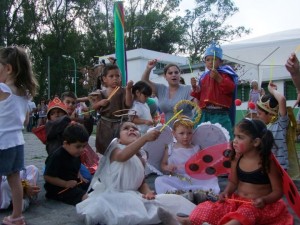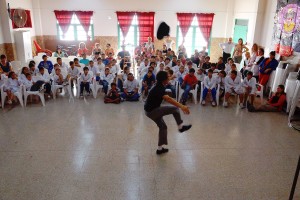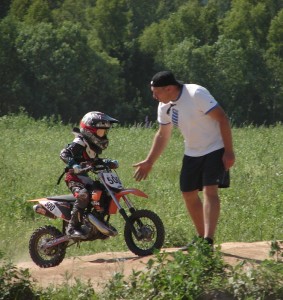Search Results for Tag: Extracurriculars
Building a learning community amid harsh conditions
After Barrio Mosconi, the circus workshop moved to El Dique, another slum in the district of Ensenada. Having set foot in both, I could tell the difference between them was that the latter has worse living conditions: informal housing and dirt roads instead of paved streets. Also, as Liliana put it very well during the meeting we had: El Dique has a bigger population, so it is able to have a Centro de Integración Comunitario. The proper translation would be “Community Integration Center,” and it is a special building provided by the government, where there is space for health initiatives as well as social development, arts, education and sports programs. This is where the circus classes took place.
![]() read more
read more
Argentina’s alternative learning spaces
I read Pavel’s entry, and I was thinking about how extracurricular learning environments work here. Clubs obviously exist, but access to them is limited by how much money families have. Pavel suggests in his entry that people tend to look for alternatives outside of the educational model because it hasn’t kept up with the world’s development. For poverty stricken communities in my country, it’s the opposite: kids are falling out of the educational system because they can’t even keep up with its basic demands. That’s due to the fact that their needs are unmet.
![]() read more
read more
Clubs in Russia: join in or start your own
In her article, Kathrin mentioned Germany’s clubs where young people have the opportunity to attend courses they’re interested in – to learn something new or pick up additional skills. I found the topic really interesting because I also try to find ways of getting extra education in my life.
In any generation, there will be young people with no desire to study. However, among people I work and communicate with, the majority are eager to go on and get a degree. The problem is that the conventional model of education can’t fully satisfy their needs as it hasn’t kept pace with the world’s development.
![]() read more
read more







Feedback